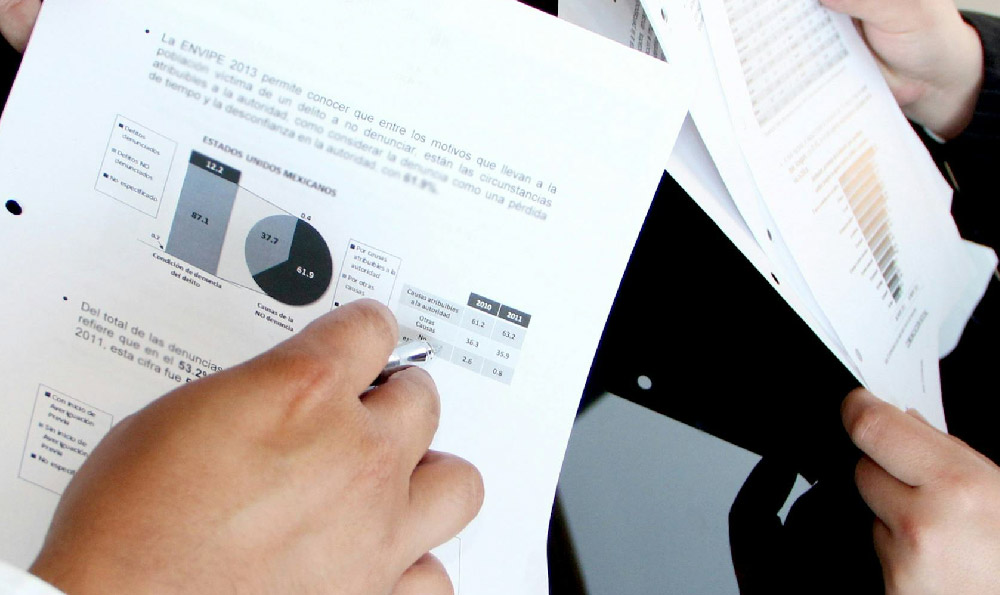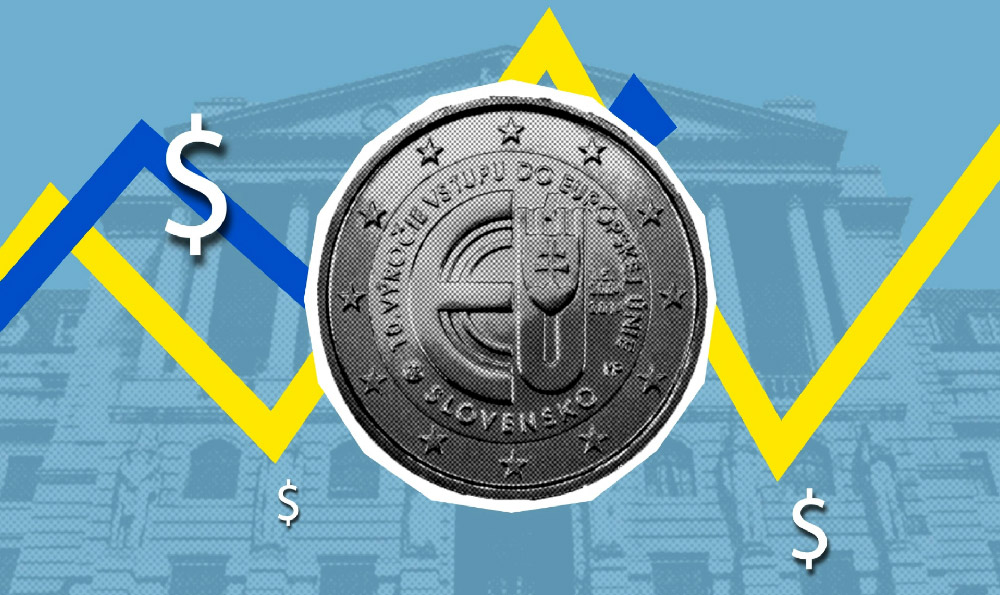Is Bitcoin Platform Secure? Which Platform is Best for Bitcoin Trading?

Navigating the world of Bitcoin trading can feel like traversing a minefield. Security concerns loom large, and selecting the right platform is paramount to protecting your investment and maximizing potential gains. Understanding the security landscape of Bitcoin platforms and identifying reputable options is crucial for any aspiring crypto investor.
Understanding the Security Landscape of Bitcoin Platforms
The digital nature of Bitcoin and other cryptocurrencies makes them inherently vulnerable to cyber threats. Bitcoin platforms, acting as gateways to this digital asset class, are prime targets for hackers and malicious actors. A comprehensive understanding of the potential security risks is the first step in making informed decisions.

-
Centralized Exchanges: A Honeypot for Hackers
Centralized exchanges (CEXs) hold a significant amount of cryptocurrency, making them attractive targets for large-scale attacks. Historically, numerous CEXs have suffered breaches, resulting in substantial losses for users. The security vulnerabilities often stem from inadequate security protocols, weak authentication methods, and insufficient internal controls. While many CEXs implement security measures such as two-factor authentication (2FA), cold storage (offline storage of funds), and regular security audits, the risk of a breach remains a constant concern. The concentration of funds in a single point of failure is the inherent vulnerability of a CEX.
-
Decentralized Exchanges: Enhanced Security, Added Complexity
Decentralized exchanges (DEXs) offer a fundamentally different approach to security. By utilizing blockchain technology and smart contracts, DEXs eliminate the need for a central authority to hold user funds. Instead, users retain control of their private keys and interact directly with the blockchain. This reduces the risk of a single point of failure and mitigates the potential for large-scale hacks. However, DEXs are not without their own security challenges. Smart contract vulnerabilities, impermanent loss (the temporary loss of funds due to price volatility in liquidity pools), and front-running (exploiting transaction ordering) are potential risks that users need to be aware of. Furthermore, DEXs can be more complex to use compared to CEXs, requiring a deeper understanding of blockchain technology.
-
The Human Element: Phishing and Social Engineering
Beyond technical vulnerabilities, the human element remains a significant security risk. Phishing attacks, where fraudsters attempt to trick users into revealing their login credentials or private keys, are rampant in the cryptocurrency space. Similarly, social engineering tactics, where attackers manipulate users into performing actions that compromise their security, are also prevalent. Education and awareness are crucial in combating these types of attacks. Users should always be cautious of suspicious emails, links, and messages, and they should never share their private keys or login credentials with anyone.
Key Security Features to Look for in a Bitcoin Platform
Choosing a secure Bitcoin platform requires careful consideration of its security features. Here are some essential aspects to evaluate:
- Two-Factor Authentication (2FA): This adds an extra layer of security by requiring a second verification code in addition to your password.
- Cold Storage: A significant portion of the platform's funds should be stored offline in cold storage to protect against online attacks.
- Multi-Signature Wallets: These require multiple private keys to authorize a transaction, reducing the risk of unauthorized access.
- Regular Security Audits: Independent security firms should conduct regular audits of the platform's security protocols and infrastructure.
- Encryption: Data should be encrypted both in transit and at rest to protect against unauthorized access.
- Insurance Coverage: Some platforms offer insurance coverage to protect users against losses resulting from security breaches.
- KYC/AML Compliance: Know Your Customer (KYC) and Anti-Money Laundering (AML) regulations help to prevent illicit activities and enhance the overall security of the platform.
Evaluating Specific Bitcoin Trading Platforms: Reputable Options
Identifying the "best" Bitcoin trading platform is subjective and depends on individual needs and preferences. However, several reputable platforms consistently rank highly in terms of security, features, and user experience.
- Coinbase: Known for its user-friendly interface and strong security measures, Coinbase is a popular choice for beginners. It offers two-factor authentication, cold storage, and insurance coverage.
- Binance: Binance is one of the largest cryptocurrency exchanges globally, offering a wide range of trading options and advanced features. It employs multi-tier system architecture to ensure high transaction throughput, and it offers two-factor authentication and cold storage.
- Kraken: Kraken is a reputable exchange known for its strong security practices and commitment to compliance. It offers two-factor authentication, cold storage, and regular security audits.
- Gemini: Gemini is a regulated cryptocurrency exchange that prioritizes security and compliance. It offers two-factor authentication, cold storage, and insurance coverage.
- Bisq: This decentralized exchange offers the benefit of not requiring KYC. It uses multi-signature and escrow options to help protect your digital assets.
Beyond Platform Security: Protecting Your Own Bitcoin
While choosing a secure platform is crucial, it's equally important to take steps to protect your own Bitcoin.
- Use a Strong, Unique Password: Avoid using easily guessable passwords and never reuse passwords across multiple platforms.
- Enable Two-Factor Authentication: Always enable 2FA on your account for an extra layer of security.
- Store Your Private Keys Securely: Consider using a hardware wallet (a physical device that stores your private keys offline) for long-term storage.
- Be Wary of Phishing Attacks: Never click on suspicious links or share your login credentials or private keys with anyone.
- Keep Your Software Updated: Regularly update your operating system, antivirus software, and other security software to protect against vulnerabilities.
- Diversify Your Holdings: Don't put all your eggs in one basket. Diversify your investments across multiple cryptocurrencies and platforms.
Conclusion: Informed Decisions, Secure Investments
The security of Bitcoin platforms is a critical consideration for any investor. By understanding the potential risks, evaluating security features, and choosing reputable platforms, you can significantly reduce your exposure to threats. Remember that security is an ongoing process, and continuous vigilance is essential to protecting your Bitcoin investments. Couple that with proper personal safety practices and a willingness to learn more about the platform and your investments, the more likely your cryptocurrency journey will be a safe and rewarding one.















